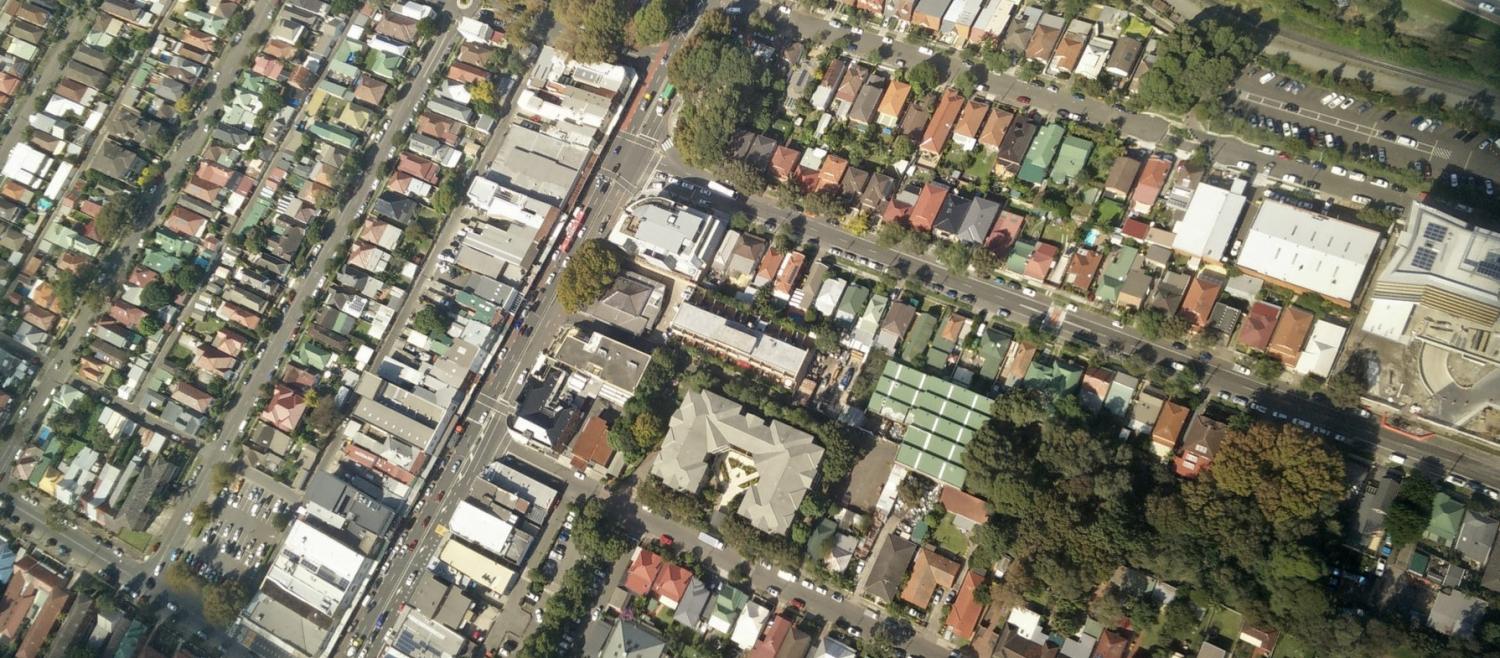The NSW government's recently launched de-radicalisation helpline is unlikely to deliver on its aims of diverting young people from violent extremism before law enforcement needs to get involved. This support and counselling service for those who notice a friend or family member slipping into extremism has various structural and operational problems.
First, similar hotlines have been tried in The Netherlands, France, Austria and elsewhere in Europe, but there isn't much in the way of data to demonstrate the clear successes of the program. This has become a common trend in de-radicalisation projects: they start with a bang, but within a few months or years disappear without offering much in the way of results or evaluations.
Second, a hotline isn't designed to 'prevent' radicalisation; it's like treating cancer with painkillers. We may see a temporary relief but this is not an attempt to work toward a permanent fix. A permanent fix is a slow and daunting process that requires lot more than just big-ticket projects – naturally not something that interests government, which needs big-money projects to demonstrate resolve and 'action'.
Third, its premise is flawed. To expect a Muslim parent to call the government helpline and seek support for a kid showing signs of radicalisation is as problematic as government's previous approach to train teachers to identify young kids turning radical in schools. The de-radicalisation in school policy, now in its third year, is yet to produce any results, as one of the senior officials working on the program suggested in my meeting with him. And there is no way it could, since there is no mechanism to gauge the results of such programs, which the government deployed without first establishing an evaluation framework. Chances are that the de-radicalisation helpline will prove similarly ineffective.
The NSW government needs to be reminded that in a Muslim household, a kid growing a beard, going to mosque regularly, praying five times a day, and being more Islamic generally are all behaviours that would be welcomed, not cause alarm. This is why most of the parents of kids who end up conducting terrorist attacks have no idea their children could do something like that.
The de-radicalisation helpline is going to end up being one of those government programs that consume millions of dollars, justified by the tag of 'national security', with no discernible result and no accountability.
It is not difficult to understand why young Australian Muslim kids are becoming radicalised. Global events (especially in the Middle East, where human tragedy is at its worst), Western media coverage of Islam, politicisation of religion, together with parenting lapses in the midst of the global turmoil are all reasons why Australian Muslim kids leave the comfort of their homes to become terrorists.
The NSW government knows these are the core drivers to violent extremism, but is doing little to address them. Where are the attempts, for example, to provide opportunities to young Muslims at risk to better understand and integrate in Australia? Having politicians and governments simply reach out or develop local programs to absorb young Muslims into social and political life can really help change the perception on the ground.
Rather than simply doling out money to Muslim community leaders and other favourite contractors to appease them, the government should initiate meaningful programs that can bridge the gap between policy-makers and young Australian Muslims. For instance, National Muslim Advocacy Day on Capitol Hill in the US is an effective program for Muslim youth from all over the US to spend two days in Washington DC and meet their Congressional representatives. Activities like these, often funded by government, allow excellent opportunities for kids to understand national politics, to feel included, have their say on policy and get answers to their pressing questions.
So far there is no program along these lines, nor is there any government willingness to truly work on de-radicalisation and countering violent extremism by tackling radicalisation at its source.
Unless the NSW government overhauls its approach, we will continue to see more de-radicalisation programs consume more money with little result.

